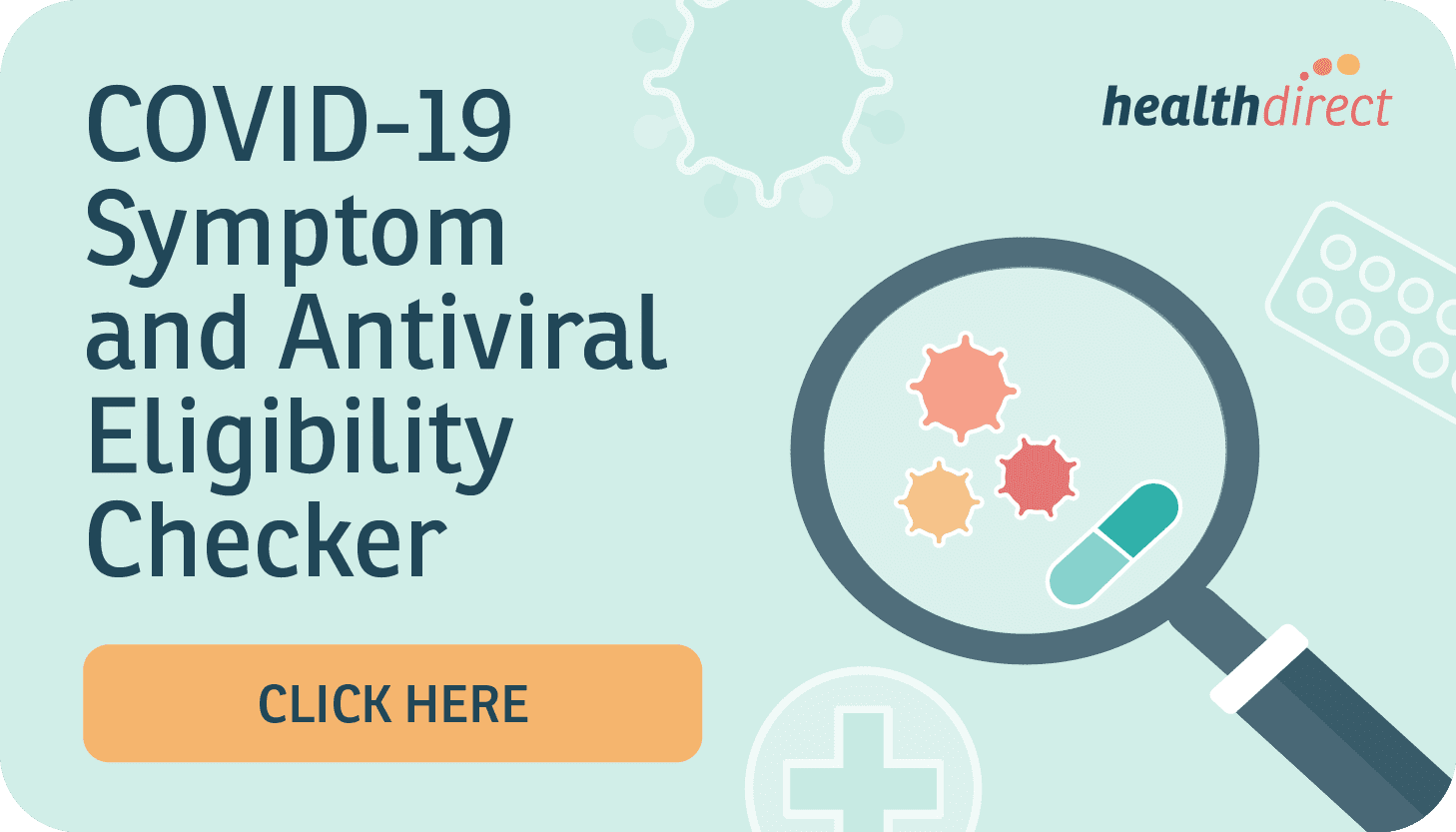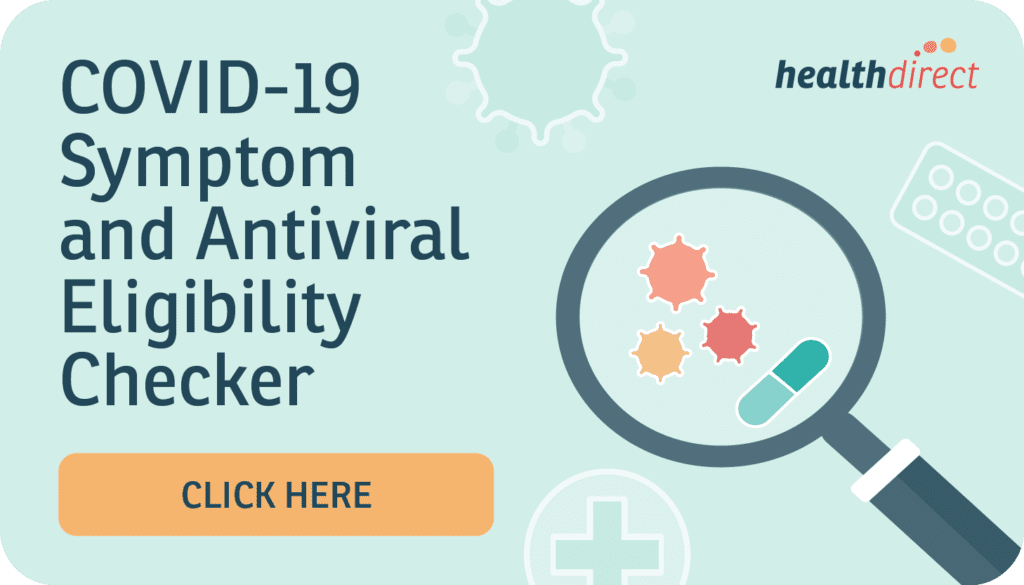WHAT IS psychological birth-related trauma?
Firstly, we would like you to know that if your birth experience felt traumatic to you, then it was. If trauma feels like too big a word, we get it; trauma from the birth experience is complicated because many people feel like they shouldn’t be traumatised.
Birth can be wonderful, but sometimes it is frightening and even traumatic.
This is known as psychological birth-related trauma. Some people think trauma feels like too “big” a word. If your journey to parenthood felt traumatic to you, then it was.
1 in 3 mums finds some aspect of their birth traumatic.
Having a traumatic birth does not always mean you will experience post-traumatic stress disorder (PTSD). 1 in 4 mums experiences some PTSD symptoms after birth, and 1 in 16 meets all the criteria for having PTSD. Getting advice and support early can help prevent your birth-related trauma from becoming PTSD.
Experiences of trauma are unique, and what may be traumatic for one person may not be traumatic for another. You or your baby don’t have to be at risk of death or injury during the birth, or the time around it, for you to experience it as traumatic. Even a birth experience considered ‘normal’ by health professionals or to your family and friends can be traumatic to the individual experiencing it. Your unique experience is valid and worthy of acknowledgement, treatment and recovery.

RISK FACTORS FOR DEVELOPING PSYCHOLOGICAL BIRTH-RELATED TRAUMA
You may be more vulnerable to developing birth-related trauma if you experience traumatic events or feelings during getting pregnant, being pregnant, labour, childbirth or during the post-birth period.
Examples of factors that may contribute to birth-related trauma include:
- Complications affecting you or your baby during pregnancy, childbirth or soon after
- Fear for yourself, your baby or your partner
- Feeling out of control or forced into making decisions about care
- Having procedures performed without informed consent
- Needing emergency interventions such as an emergency caesarean or an assisted delivery (forceps or vacuum)
- Experiencing significant pain
- Feeling not being listened to or respected, e.g. having concerns dismissed and feeling judged or criticised
- Feeling alone or unsupported by your partner or health professional
- Having a long, difficult labour or a very quick delivery
Being separated from your baby, e.g. mum or baby needing to be in a higher care setting such as ICU or NICU/special care - Having a premature baby
- Not feeling informed
- Any other shocking or unexpected experiences during birth.
Any of these experiences can be influenced by your personal history, such as;
- Previous perinatal loss, such as stillbirth or miscarriage
- Complications affecting you or your baby during pregnancy, childbirth or soon after
- Mental health problems
- A history of trauma, such as sexual assault or abuse
- Low levels of emotional or practical support during childbirth or after the baby is born
Your partner or other birthing support people can also experience birth-related trauma. It is important to recognise the signs of birth-related trauma, both in yourself and others, and seek help.
Common psychological birth-related trauma symptoms include:
- re-experiencing the traumatic event through intrusive thoughts, nightmares or flashbacks
- avoiding talking about the birth or avoiding reminders of the birth (‘triggers’)
- experiencing mood changes such as feeling sad, rage, jumpy or agitated
- feeling hypervigilant (on high alert), worrying something bad will happen to your baby
- having panic attacks
For some, the symptoms are not noticed until months or even years after the birth, for example, when pregnant and about to give birth again. We want you to know that no matter how much time has passed since your trauma occurred, it’s not too late to get support.
Support options
Support in the first 2 weeks
- Allow time to process what has happened
- Talk or write down your experience, including any questions you may have
- Accept support from family and friends
- Simple relaxation (breathing, exercise, pleasant distractions)
- Avoiding alcohol or drugs
Support from 2 - 6 weeks
- Acknowledge any negative or distressing feelings and the need for support
- Start tracking symptoms; are they getting better, staying the same, or worsening?
- Keep talking to people who are supportive
- Give yourself time to process your experience, learn some grounding techniques to bring yourself back to the present if you are experiencing flashbacks
- Start thinking about whether a debrief with your hospital may be helpful*
- This might feel a bit intimidating, and sometimes it can help to do this with another person’s support. You may want to find a debrief service outside of the hospital
- Consider writing down your birth story.
- Limit unnecessary activities, and don’t be afraid to ask for or accept practical help
- If your symptoms are worrying you, discuss them with your GP, maternity care provider or Maternal Child Health Nurse
- Contact PANDA’s helpline 1300 726 306 is an excellent starting point
- Review our birth trauma guide to learn about your healthcare options
Support after 6 weeks
- If symptoms haven’t resolved completely, you should definitely discuss them with your GP, maternity care provider, or Maternal and Child Health Nurse.
- Your GP may write you a Mental Health Care Plan, which will enable you to receive Medicare-subsidised visits to a psychologist. Perinatal psychologists are the most experienced in managing mental health concerns in the postpartum period.
- Consider Peer Support services, ABTA offers a range of options; this is a great way to get word-of-mouth recommendations and reduce any sense of isolation you may be feeling.
Treatment options
- Your GP
- Your maternity care provider
- Your maternal and child Health Nurse
- A perinatal psychologist
- Hospital social worker or mental health service
- An inpatient unit – Early Parenting Centre or Mother Baby Unit (link to new resource)
- PANDA Helpline
- Perinatal Mental Health Charities that provide free support.
Please note that while it is important to do what works for you if you find yourself experiencing difficult or distressing feelings, it’s important to seek help as soon as possible. ABTA is keenly aware that there can be problems with accessing mental health care both in Australia and beyond. These can include the high cost of care, long waiting lists in some areas and limited availability of services, particularly in rural areas. Whilst acknowledging these problems, we encourage you to review ABTA’s Birth Trauma Care Guide to find a clinician to suit your unique set of needs.
If you are having difficulties accessing care, please contact us.
You can read more about post-traumatic stress disorder (PTSD) and treatment options here.
*Please note this information does not cover every possible mental health condition or symptom and does not take into consideration your individual experience or situation. If you or someone you know is having trouble, seek help and discuss your questions or concerns with a health professional.








